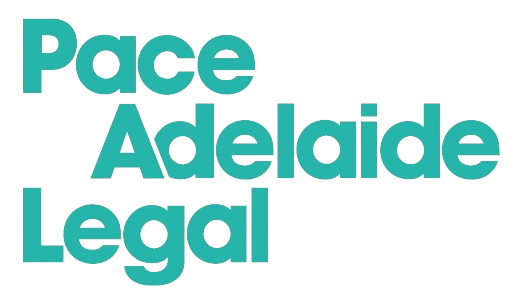Employee Grievances and Workplace Disputes: Whose Problem are They?
As lawyers, we often assist employers in the drafting of company grievance procedures, either by way of a formal stand alone Grievance Policy, as part of a suite of corporate policies or by incorporating the internal complaints process as part of the Contract of Employment.
A significant amount of clients used to view this as the end of the process and a ‘tick in a box’ they had to complete. This is not the case and we continue to educate our clients accordingly.
All companies need to have a process in place in the event that an internal complaint is made and all employees should be made aware of its existence.
We had a matter recently where the sole female employee of a small business was unhappy that male employees were using the female toilet on her day off. She took sick leave as a result and emailed her complaint to management, seeking a copy of the company grievance policy and detail of the action to be taken following her complaint. We assisted the employer in providing the documents and advised him as to process, and as soon as the employee had the paperwork to hand she returned to work happy that her grievance was being taken seriously and was being dealt with appropriately.
At the other end of the scale, following recent accusations of workplace bullying by Australia’s national science agency the CSIRO, an independent report was commissioned into the organisation’s work culture. According to a report into the first phase of the investigation released last month, it was recommended that CSIRO (amongst more):
- Promote an “early and quick” informal resolution process and improve monitoring of informal complaints and resolutions, so that more formal action can be taken for repeat offending; and
- Ensure the organisation investigates more complex or repeat complaints through misconduct avenues, rather than relying on victims to take action through grievance procedures.
In this matter, many of the complainants were as critical of the way their complaint was handled by line management and HR staff, as they were of the perpetrator of the original complaint.
The key issues to take from this are that policies and procedures need to be transparent and accessible, with complaints taken seriously by employers and appropriate, decisive action taken at an early stage.
To ensure that your company is fully compliant with its grievance policy and procedures, or to discuss any aspect of business or personal law, contact Julia Adlem or Alisha Thompson at Pace lawyers on (08) 8410 9494.


